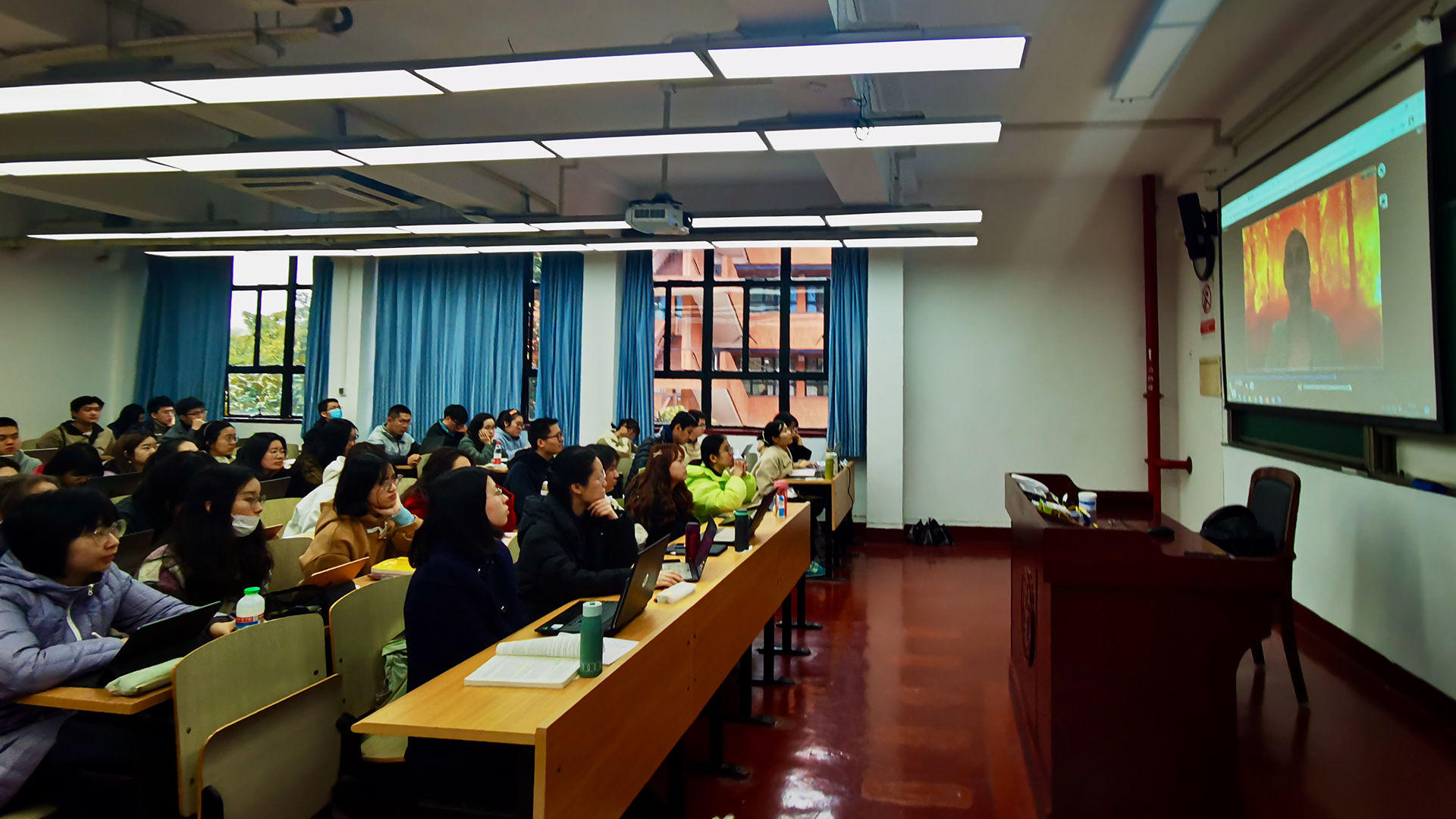Because China and the U.S. are the two countries with by far the greatest impact on the planet’s environment, Maryland Carey Law’s Environmental Law Program has long engaged with Chinese scholars to help with the development of environmental law in China. Beginning in 2005, Maryland Carey Law hosted Chinese environmental law professors as visiting scholars in four different years. Professor Robert Percival lectured to environmental judges at China’s National Judge’s College in 2016 and 2019 at the invitation of the Supreme People’s Court. In 2014 he testified before a committee of the National People’s Congress when it considered crucial changes to China’s basic environmental law. During his last sabbatical in 2008, Professor Percival taught environmental courses at the China University of Political Science and Law (CUPL) in Beijing. In 2009 the U.S. State Department sent Percival on a two-week lecture tour of China to promote the importance of China’s government engaging in global climate negotiations. Maryland Carey Law students participated in environmental field trips to China in 2008, 2010, 2012, 2014, and 2016 and presented papers at an international environmental conference in Shanghai in 2016.
Although the global pandemic blocked all international travel, it did not stop the Environmental Law Program’s engagement with China. Students in Professor Percival’s Fall 2020 Environmental Law class made environmental law films that were shown in February 2021 to environmental law students at Shanghai Jiaotong University’s (SJTU) KoGuan School of Law (see photo). The SJTU law students voted on which films should win the Golden Tree Awards issued annually by the Environmental Law Program. Their votes advised SJTU Professor Zhao Huiyu, who served as one of the five judges for the annual awards.
The SJTU law students were quite impressed with the quality of the Maryland student films. The films included “New Jersey Environmental Justice Legislation,” a film by Sam Boden that won the coveted Best Picture Award; “Climate Change and the California Wildfires” by Jo Adashek, Carly Brody, Emma Cross, Mary Krzywosz, Robyn Lessans, Colin Hughes & Annie Prevas, which won awards for Best Acting and Best Use of Humor; “Farming and the Chesapeake Bay TMDL” by Maddie Dwyer, Liz Johnson, Morgan McLaughlin, Christine Miles, George Rice and Zoe Rydzewski, which won awards for Most Educational and Best Interviews; and “Environmental Personhood,” by Adam Balick, Collin Harris, Miles Light, Umesh Narware and Jeannine Ntamatungiro, which won awards for Best Sound and a special judge’s award for Best Environmental Travelogue.
Travel restrictions caused the cancellation of the Global Environmental Law course Professor Percival was scheduled to teach at CUPL in Beijing during summer 2020. Instead CUPL has been hosting a monthly series of online lectures by Professor Percival during Spring 2021. In April, Percival lectured on “Climate Litigation in the Courts,” analyzing why the most successful climate litigation has been brought in courts outside of the U.S. and China. In May, he spoke about the Biden administration’s “Transformation of U.S. Environmental Law and Policy.” Percival’s final lecture in July on “Transnational Environmental Accountability” will explore global efforts to hold multinational companies in the extractive industries accountable for environmental harm they cause in developing countries.
Each lecture has attracted an online audience of approximately 200 Chinese environmental law students and professors. Percival submits a short paper before each lecture that is then translated to assist audience members whose English is less advanced. Following each lecture, three prominent Chinese environmental law professors offer commentary on Percival’s presentation. Because of the 12-hour time zone difference, the lectures were presented on Saturdays at 8 a.m. EDT, which is 8 p.m. in China.
At a time where relations between the U.S. and China are strained, one of the most promising areas of continued cooperation seems to be the environment. China and the U.S. are the two countries with the largest emissions of greenhouse gases in the world. Chinese President Xi Jinping has brought Xi Zhenhua, former head of China’s environmental agency and long-time chief climate negotiator for China out of retirement. President Biden has appointed former Secretary of State John Kerry to be the chief climate envoy for the U.S. Both are long-time acquaintances who now share a passion for combating the climate crisis.
“Although there are good reasons why U.S./China relations are strained right now, environmental law remains one of the few bright spots where continued engagement can benefit both countries,” Professor Percival observed. “It has been a rare privilege to be able to speak directly and unfiltered to the next generation of Chinese environmental lawyers.”

